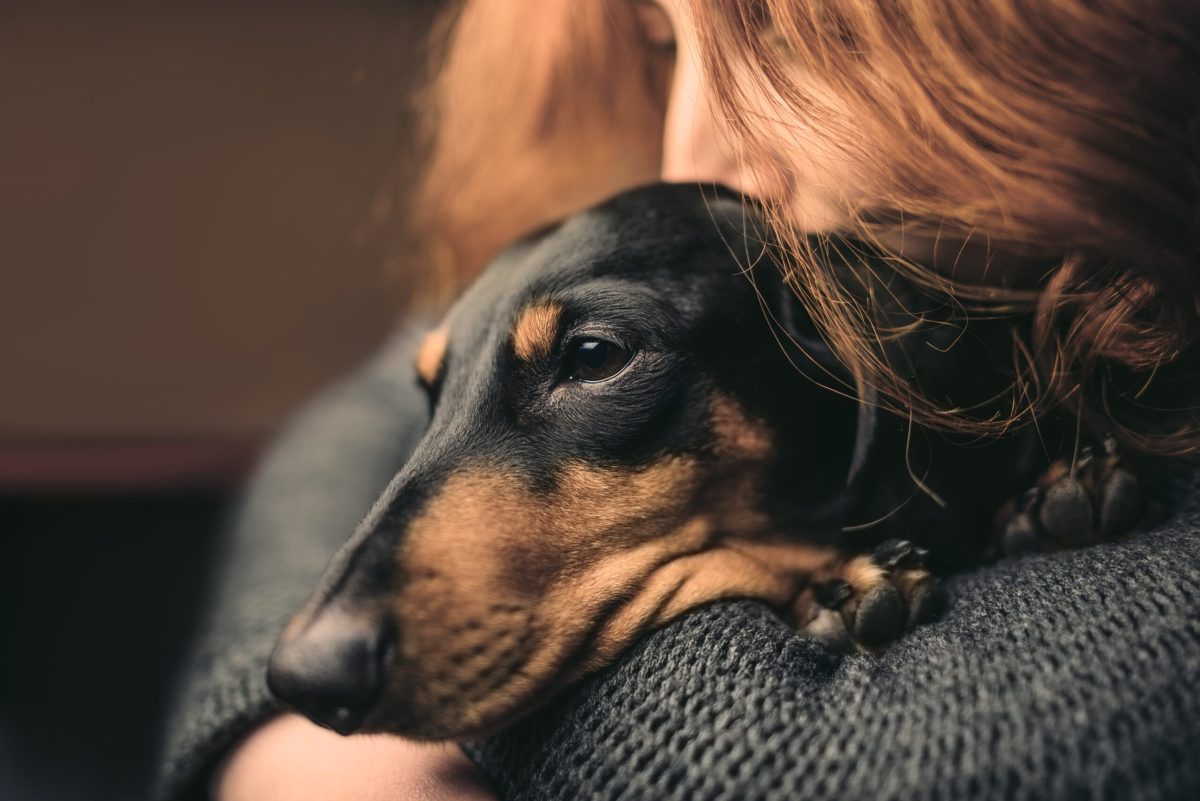 Shutterstock
Shutterstock
Some people have mood rings. Dog owners have something far better—fluffy, four-legged mood detectors with wagging tails and soulful eyes. Dogs are incredibly attuned to the humans they love and don’t need words to sense when something’s off. They read your tone, your scent, your posture, and even your sighs like a living, breathing emotional novel unfolding in real-time. They’ve already appointed themselves co-pilot on your emotional rollercoaster—preferably curled beside you, ready to offer love, support, and maybe a nudge for belly rubs or a snack break.
Tone of Voice
 Shutterstock
Shutterstock
Dogs might not speak your language, but they are experts in tone. They can tell when your voice is calm, stressed, excited, or sad—and they react accordingly. A happy tone often brings tail wags, while a sharp or shaky tone can make them retreat or act concerned. They don’t need full sentences to know when your day’s going sideways.
Facial Expressions
 Shutterstock
Shutterstock
Your dog studies your face like it’s the most important screen they’ll ever watch. A furrowed brow, a smile, or teary eyes can instantly change how they behave around you. Many dogs will nuzzle or lick you when they detect sadness, using their snouts to say, “I see that frown, and I’m here.” To them, your face is a living mood map—and they read it fluently.
Body Language
 Shutterstock
Shutterstock
Slouched shoulders, a limp walk, or sitting motionless for too long can all alert your dog to a shift in your mood. Dogs are body language champions; they notice even the subtlest changes in your posture or pace. If you’re feeling down, expect a gentle paw or a nose nudge to break your stillness. They don’t need a therapist’s license to notice you’re off—they just need your silhouette.
 Shutterstock
Shutterstock
How you look at your dog speaks volumes; they know how to return the gaze. A soft, lingering look means love and comfort, while darting eyes or avoiding their gaze might tell them you’re stressed. Dogs often lock eyes when they want to check in emotionally. One long look and your pup is basically asking, “Are you okay, or do we need extra snuggles today?”
Scent Changes
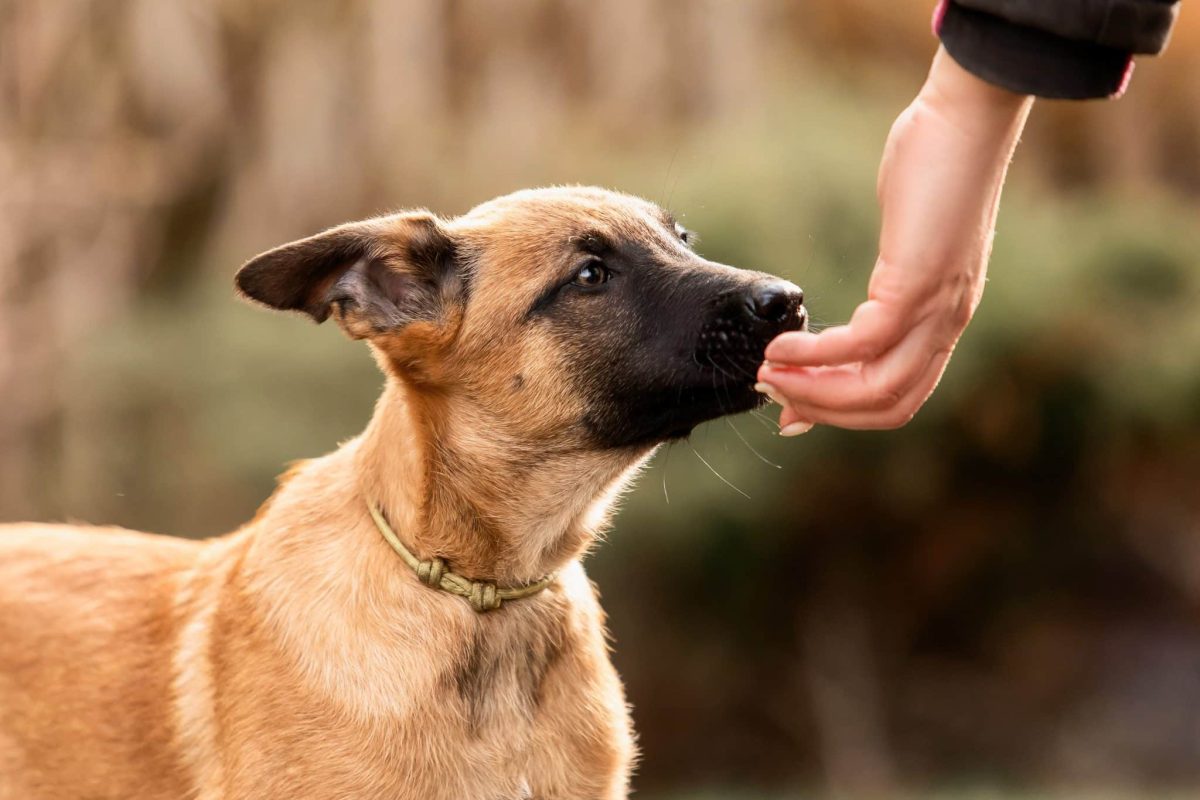 Shutterstock
Shutterstock
Dogs have super noses that can detect tiny changes in your scent, especially when you’re experiencing stress or fear. Hormonal shifts, like those caused by sadness, anxiety, or excitement, create chemical signals that dogs pick up on immediately. Your pup may sniff you more or stick closer to your side when they detect these changes. Basically, you smell different when you’re having a tough time—and your dog knows it.
Breathing Patterns
 Shutterstock
Shutterstock
Dogs tune in to your breathing the same way they do their favorite squeaky toy. Rapid breaths, sighs, or long, deep exhales are all emotional breadcrumbs to follow. Some dogs will mirror your breathing or place a paw on you when they notice it change. If your dog stares at you when you sigh, they’re not judging but checking on you.
Your Energy Level
 Shutterstock
Shutterstock
Dogs have an uncanny ability to sense your energy. If you’re buzzing with anxiety or radiating exhaustion, they’ll adapt—either trying to calm you or quietly joining your chill. Energetic dogs may even tone it down when they sense you need a break. They’re like furry energy barometers who can adjust their vibes to match yours.
Crying
 Shutterstock
Shutterstock
Tears are a universal signal, and dogs respond to them with concern and affection. Many dogs approach gently, offer licks, or curl up beside someone crying. Some even whine or bark softly, as if to say, “Don’t worry, I’m on it.” You may not always feel better right away—but your dog will do their part to soak up the sadness (and maybe some of your tears).
Laughing
 Shutterstock
Shutterstock
On the flip side, dogs love your laughter. They may wag, bounce, or get the zoomies when they hear you laugh, feeding off your joyful energy. Some even “smile” themselves or tilt their heads like they’re trying to be in on the joke. Laughter signals happiness—and dogs are all about joining the good times.
Changes in Routine
 Shutterstock
Shutterstock
Your dog notices if you’re skipping your morning coffee walk or forgetting dinner time. Changes in routine often signal to dogs that something’s wrong. They may become clingier, bark more, or hover around you like a furry detective. When your schedule shifts, so does your dog’s emotional radar.
Phone Conversations
 Shutterstock
Shutterstock
Your dog listens to how you speak to others—even through the phone. A heated phone call or a sorrowful conversation can catch their attention and prompt them to check-in. They may respond by sitting beside you or even trying to distract you. Just know your dog hears your emotions, even when the words aren’t for them.
Physical Distance
 Shutterstock
Shutterstock
Dogs can tell when you’re emotionally distant, even if you’re physically nearby. If you’re staring off, avoiding touch, or seeming “elsewhere,” many dogs will try to close the emotional gap by snuggling up or nudging you. They understand the difference between being next to you and being with you. When you disconnect, they reconnect.
Movement Speed
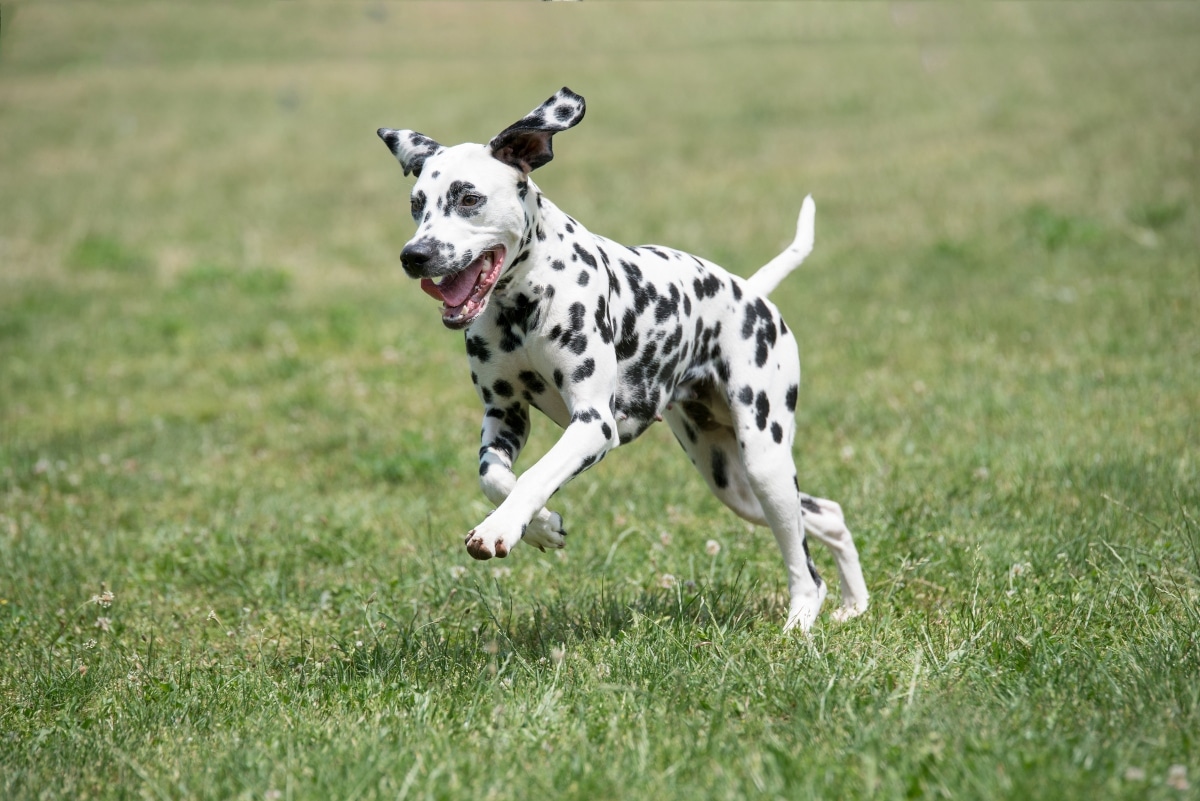 Shutterstock
Shutterstock
Your dog will notice if you’re suddenly slow, sluggish, or not your usual upbeat self. Dogs often adjust their pace to match yours, especially when they sense you feel off. Some may walk gently beside you, while others plant themselves on your feet until you stop and pet them. To them, your pace says more than your words ever could.
Stress Behaviors
 MidJourney
MidJourney
When you’re stressed, you do things differently—and your dog tracks those changes like a behavioral scientist. Nail biting, pacing, groaning, tossing, and turning at night register in your dog’s emotional notebook. They might react with concern, clinginess, or quiet support. Basically, when you fall apart a little, your dog gathers the fluff and puts the pieces back together.
Sleeping Patterns
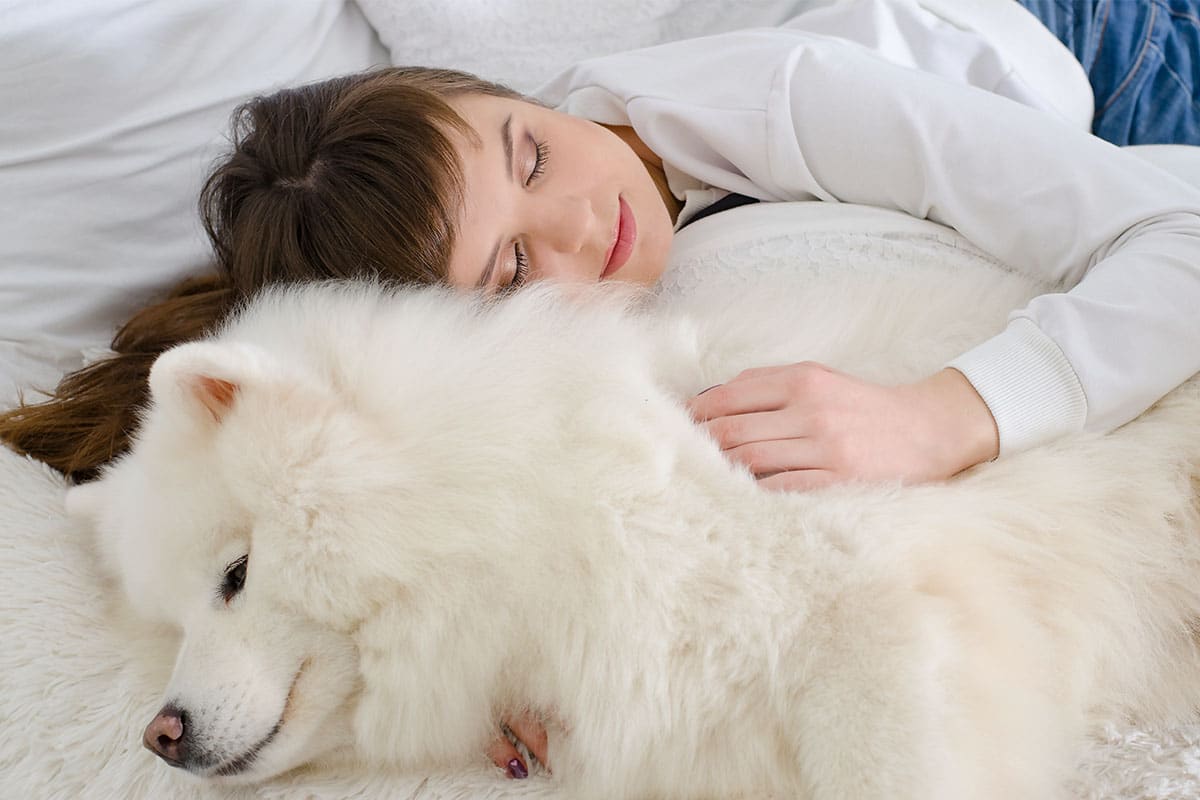 Shutterstock
Shutterstock
Sleep matters to dogs, too—especially yours. If you’re tossing, turning, or getting up frequently, many dogs will wake up, follow you, or cuddle closer to offer support. They know something’s up even if you’re not saying it. Dogs don’t just sleep near us—they sleep with one emotional eye open.
The Emotional Detectives With Wet Noses
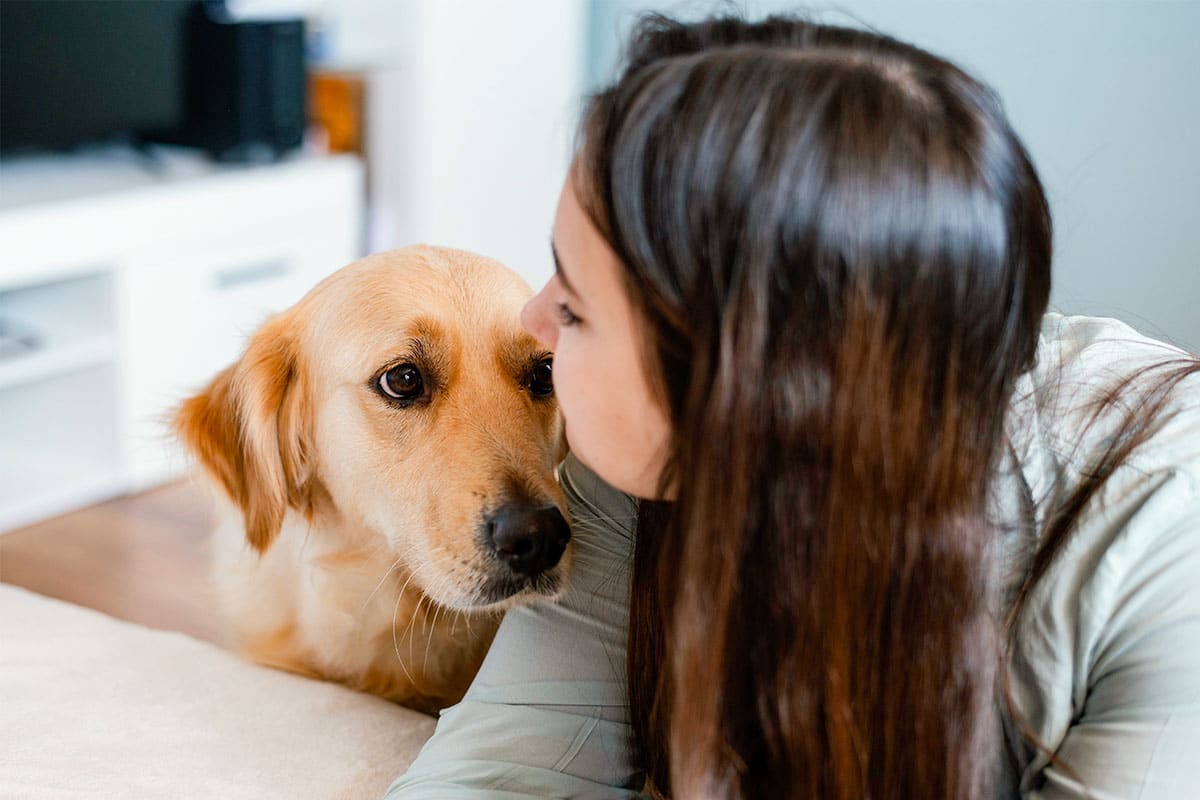 Shutterstock
Shutterstock
Dogs don’t need degrees in psychology to know exactly how you’re feeling. With their powerful noses, watchful eyes, and endlessly loyal hearts, they’ve perfected the art of emotional reading. They won’t ask questions or offer advice—they show up with quiet understanding and love that speaks louder than words. These furry therapists catch every sigh, celebrate your smiles, and guard your heart with unshakable devotion. So when your pup curls up beside you or watches closely, they’re not judging—they’re just making sure you’re okay (and maybe angling for a snack).

 1 month ago
27
1 month ago
27
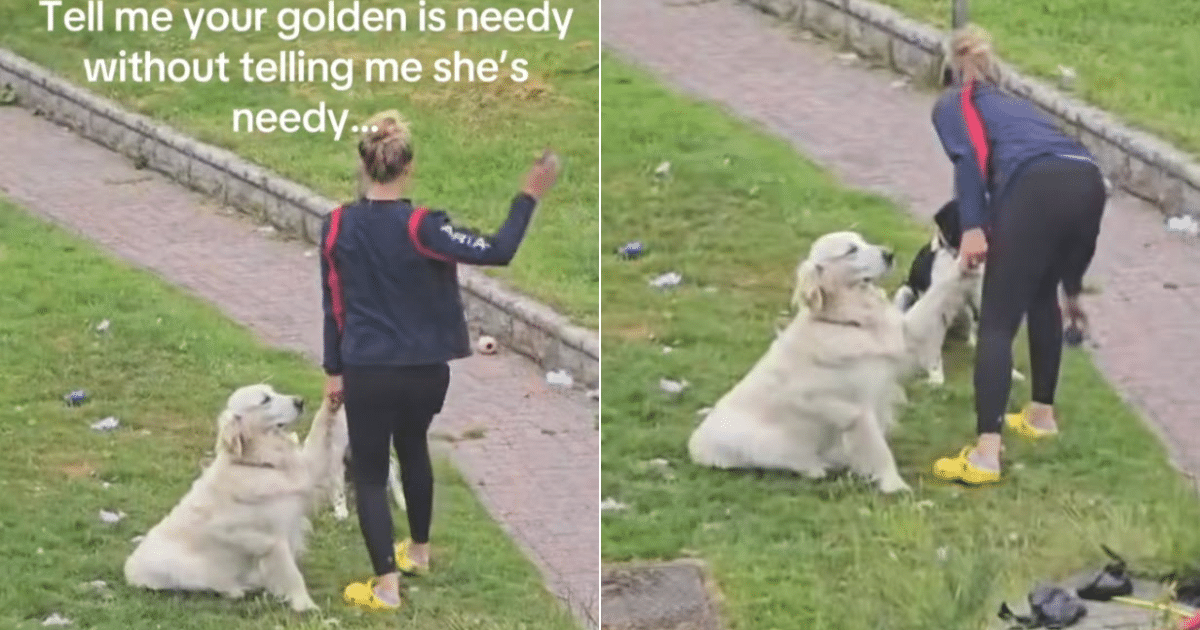

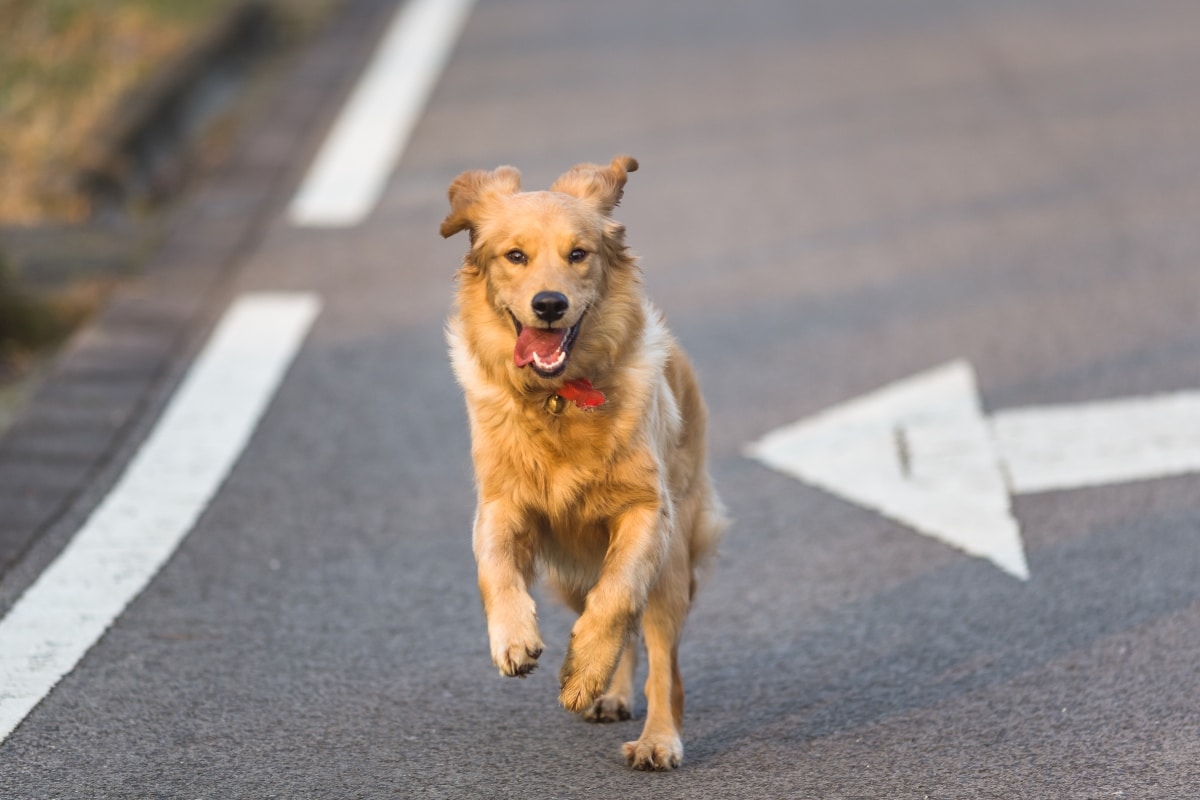

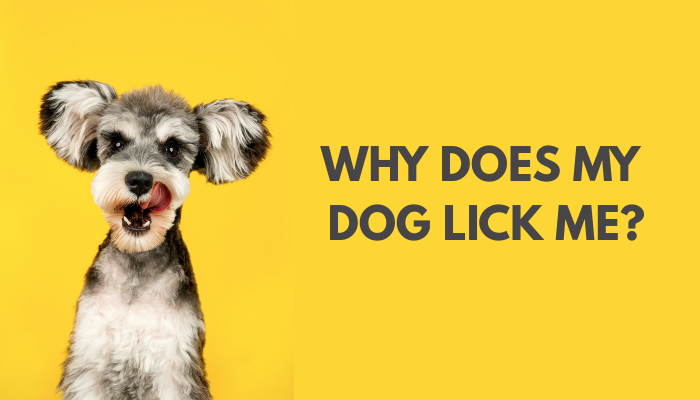





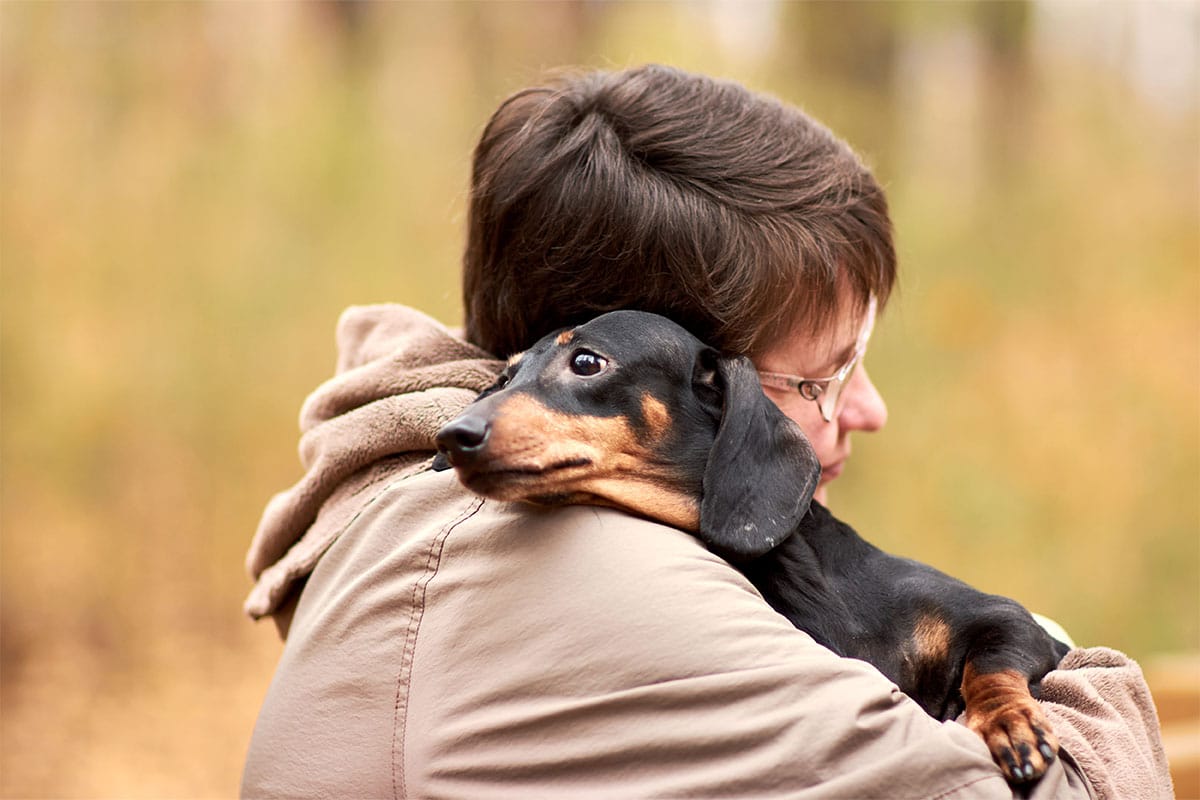

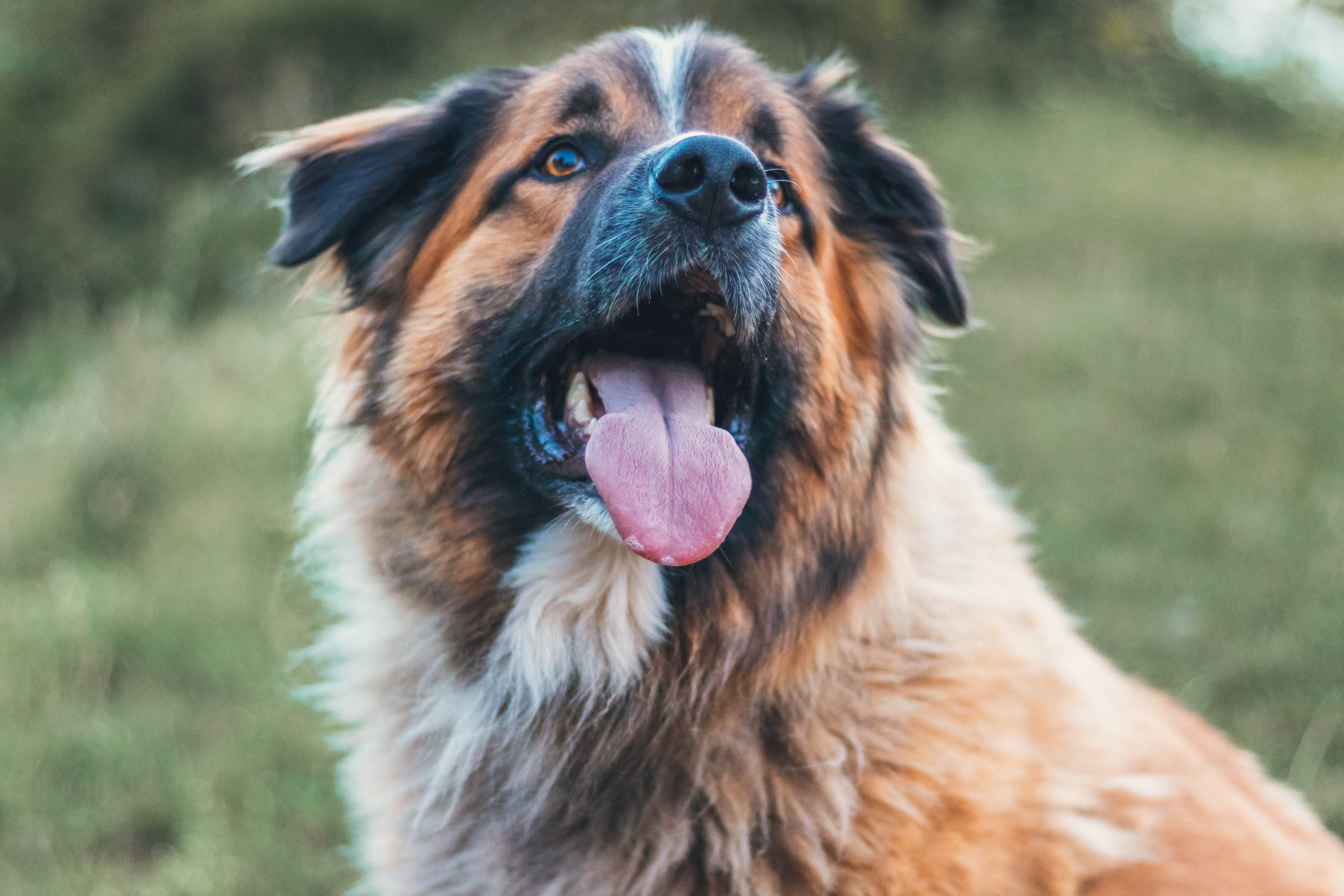

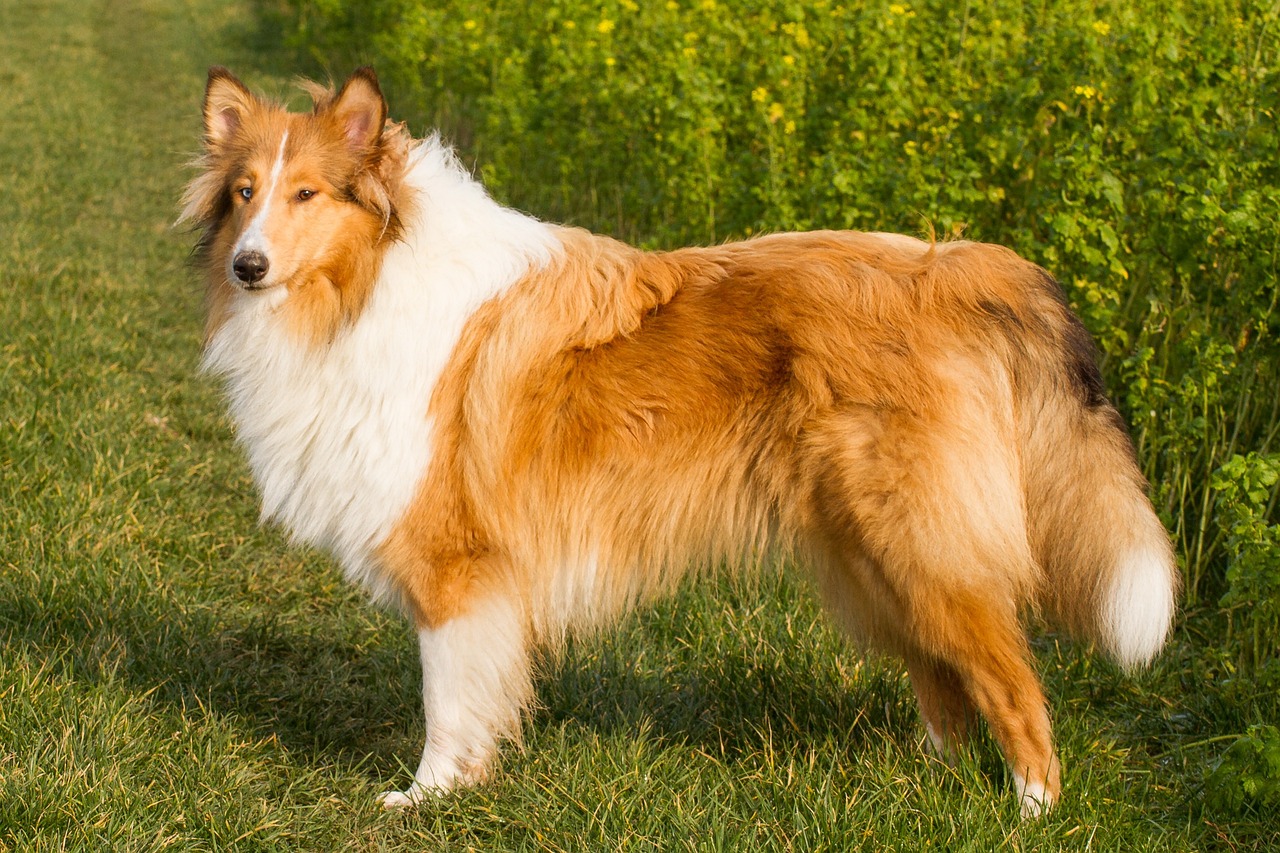


 English (US) ·
English (US) ·